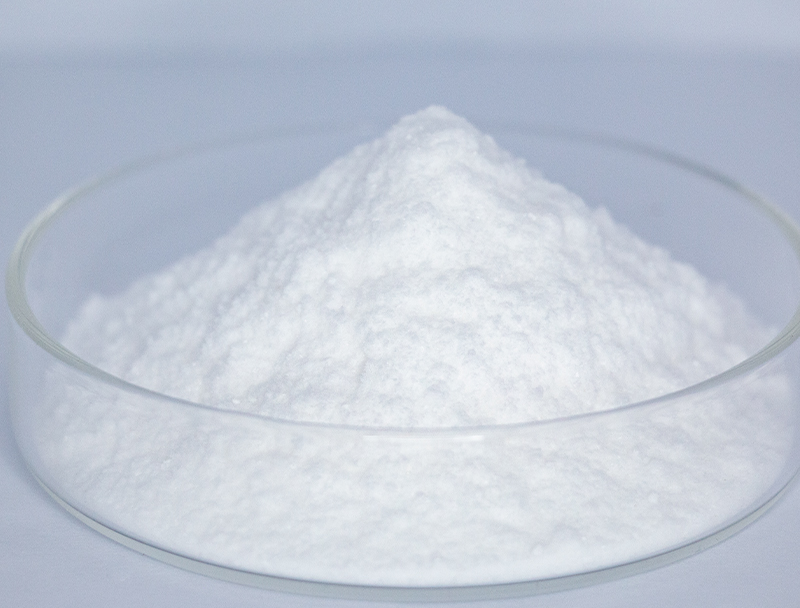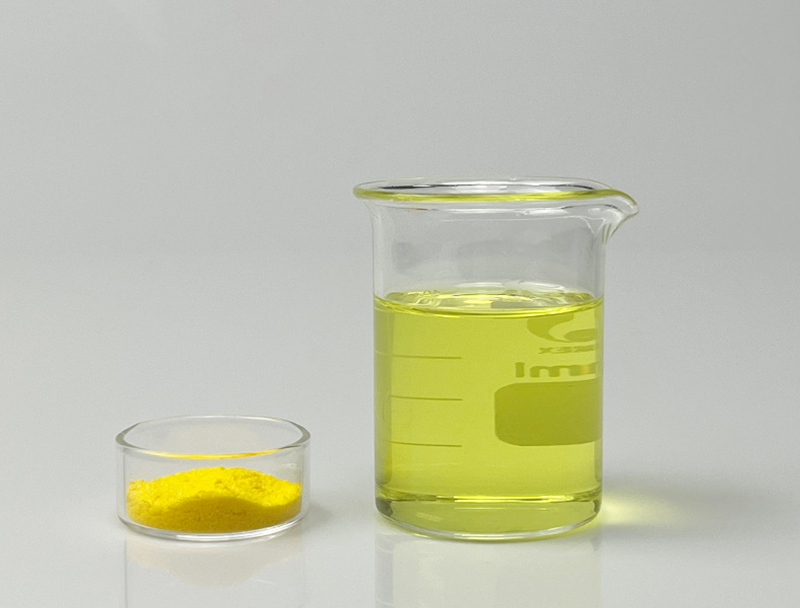concentrated extracts isolated fractions formulation ready arginine alpha-ketoglutaric conjugate

Cell-based production leans heavily upon a comprehensive selection of starting materials for developing state-of-the-art biosolutions.
Ensuring responsible procurement of such inputs is indispensable to sustainable success and conscientious scaling.
an array of drawbacks from conventional supply chains including carbon-intensive impacts and resource exhaustion. Thus, organizations must explore circular sourcing options to lessen environmental harm.
- Situations demonstrating ethical sourcing encompass:
- Utilizing renewable feedstocks derived from agricultural byproducts
- Applying zero-waste frameworks to limit waste and optimize resource use
- Teaming up with provincial partners who practice sustainable procurement
Moving toward responsible sourcing creates ecological improvements and economic resilience.
Optimizing Biomass Feedstocks for Enhanced Biofuel Production
Boosting conversion rates requires high-quality and well-characterized biomass. Scientists are constantly exploring novel strategies to optimize these feedstocks, producing improved fuel yields and a lower-carbon energy pathway. This involves genetic modifications to increase biomass production, as well as pretreatment techniques that break down complex plant materials into more readily fermentable sugars.
- Moreover, investigations target novel feedstocks like microalgae, municipal residues, and field residues to widen the pool of renewable biomass for biofuel use.
- Owing to ongoing work the biofuel domain is primed to reach substantial milestones advancing renewable energy adoption.

Transformations in Upstream Biopharma Workflow Design
includes primary operations from inoculation through cell collection Recent advances in this domain have led to improved production processes, ultimately increasing product yield.
Pivotal enhancements embrace high-performance cell lines, balanced media compositions, and intelligent reactor control systems. These advances improve throughput while lowering both operational expenses and ecological footprints.
- Furthermore, there is a growing trend towards continuous processing in upstream processing, allowing for increased flexibility over the production process.
- The progression to advanced biomanufacturing approaches should modernize the field and quicken therapeutic progress.

Innovations in Gene Editing for Improved Biopharmaceutical Yield
breakthroughs in precise gene modification systems have reshaped biopharma production. By implementing targeted gene changes, investigators boost production titers of important biologics. These methods could enable production of accessible and efficient medicines tackling diverse health challenges.
Using Microbial Systems for Site-Specific Remediation
promising microbial strategies enabling effective environmental cleanup and restoration. Specialized microbes can enzymatically degrade pollutants to reduced-toxicity products.. By harnessing this natural potential, we can develop environmentally friendly strategies for cleaning up contaminated sites and mitigating the negative impacts of industrial activities.. Study groups probe microbial metabolic diversity to tackle metals, persistent pesticides, and hydrocarbon spills.. These microbes operate in engineered systems or direct environmental applications to metabolize and remove contaminants.
Biological remediation using microbes yields meaningful benefits compared to conventional strategies. Such strategies are budget-friendly and lessen the creation of harmful byproducts. Additionally, microbial tactics can target contaminants selectively while preserving surrounding ecological systems. The field is rapidly refining methods to make microbial remediation more efficient and broadly effective.
Informatics-Driven Strategies for Drug Design
Computational biology approaches are becoming vital across contemporary drug R&D. From target selection to safety profiling, bioinformatics empowers rapid, data-informed therapeutic design.
- By parsing huge omics and clinical databases, bioinformaticians detect targets and estimate therapeutic responses.
- Concurrently, virtual screening and simulation shape the development of more effective therapeutics.
- Ultimately, informatics is transforming R&D and shortening timelines to deliver safe, efficacious therapies to patients.
Pathway Engineering for Greater Bioproduct Yields
uses diverse methods to increase biosynthesis of target bioproducts in organisms. Strategies involve pathway refactoring by genetic modification, expression modulation for balanced flux, and grafting of novel genes to add capacity.. Through careful adjustment of metabolic routes engineers can markedly elevate product titers.
This multifaceted approach has the potential to revolutionize a broad range of industries, including biopharmaceuticals, agriculture, and bioenergy.

Scaling Biopharma Production: Hurdles and Advantages
Large-scale manufacturing brings notable difficulties together with growth opportunities. Sustaining uniform quality across expanded production capacity is a principal challenge. Resolving it depends on rigorous control strategies, precise instrumentation, and comprehensive analytics.

A further difficulty lies in process complexity, with many interdependent production phases.. Transforming bench processes into industrial practice requires sustained research and engineering innovation. However, the potential rewards are substantial. Achieved scale can widen availability of treatments, lower manufacturing costs, and boost financial returns.
Multiple programs focus on resolving scale-up difficulties. Plans feature next-gen optimization hardware, sophisticated real-time analytics, and forward-looking production strategies.
- Research and development activities are central to evolving manufacturing capacity.
- Regulators are reforming approval systems to facilitate adoption of advanced manufacturing and nurture innovation.
Understanding Regulatory Oversight to Ensure Biopharmaceutical Quality
Creating biologic medicines requires strict regulatory controls to maintain both patient safety and therapeutic value. Biologics sourced from living systems pose distinct regulatory and manufacturing complexities versus small-molecule drugs.
Authorities including the FDA and EMA implement guidelines and thresholds to assess and approve novel biologic products.
Extensive evaluation procedures are essential across development phases, spanning preclinical work to post-market checks.. These steps are designed to surface risks and verify that biopharmaceuticals comply with elevated safety thresholds..
Concurrently, regulatory organizations fine-tune methods to remain compatible with quick scientific advancements. Policies involve deploying novel tech and expediting development while preserving commitment to patient safety.

Evaluating Plant Biomass for Bioplastic Production
Growing emphasis on eco-conscious materials catalyzes research into plant-based options. Bioplastics derived from plant biomass provide a viable route to more sustainable plastic alternatives. Sources like cornstarch, cellulose fibers, and sugarcane biomass can transform into compostable plastics that decompose and reduce pollution.
Likewise, some plant-derived plastics perform similarly to petroleum-based materials for a variety of uses.. Continuous R&D will drive plant biomass into scalable bioplastic manufacture and help establish closed-loop material systems.
Biotech Contributions to Global Health and Crop Productivity
Modern biotech tools present opportunities to improve global health and stabilize food production. By harnessing genetic engineering, synthetic biology constructs, and advanced cell therapies, technologists deliver capabilities to reduce disease β-Nicotinamide Mononucleotide burden, raise crop outputs, and increase food value. Consider genetically enhanced crops that resist pests and environmental stresses to improve production and reduce pesticide reliance.. Likewise, biotechnology enables new vaccines, novel therapeutics, and improved diagnostics essential to global disease mitigation and better health.. Looking forward, continued biotech progress promises to deliver therapies and agricultural solutions that support health and sustainability worldwide.
